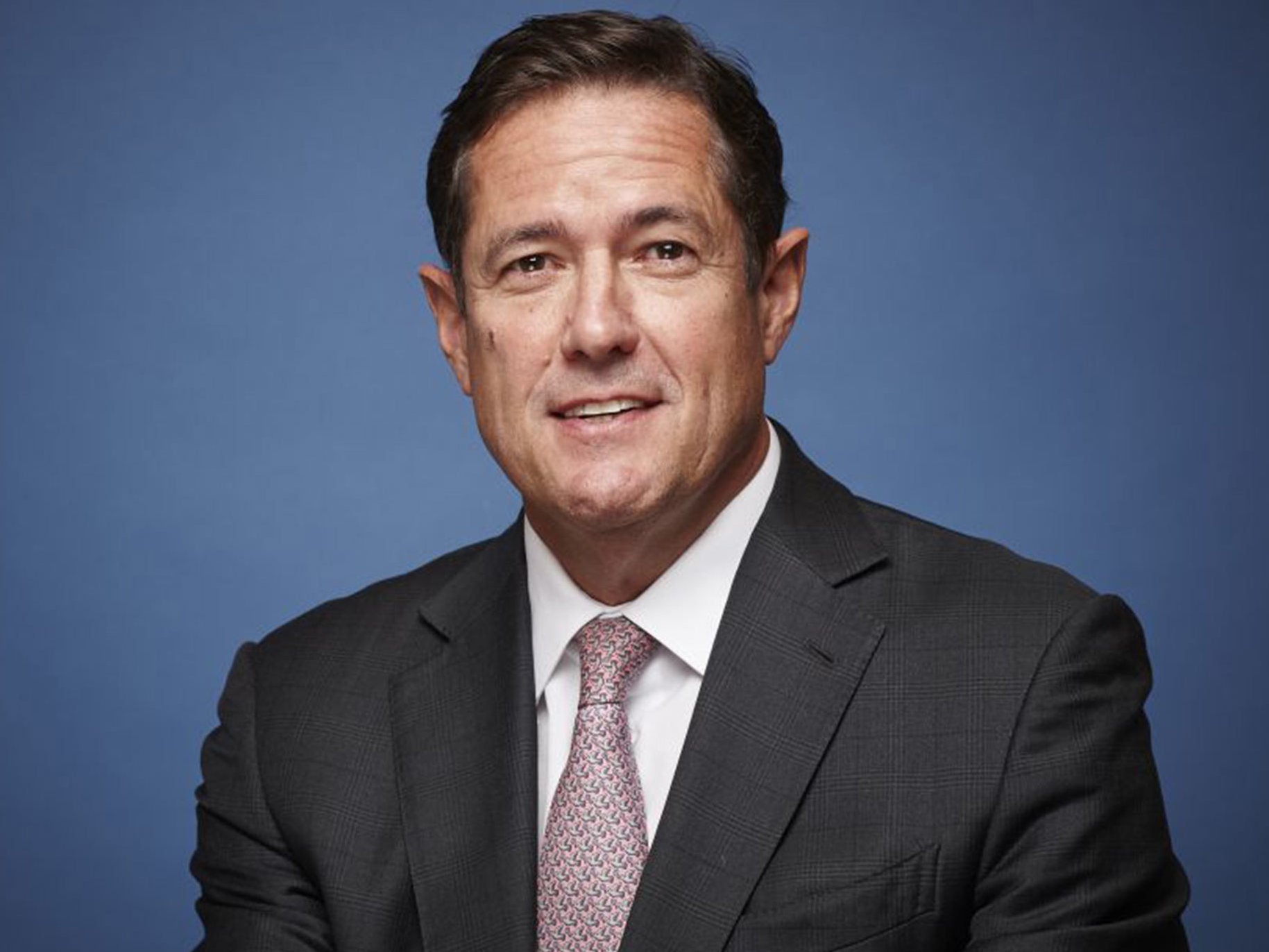Barclays big shareholders shrug shoulders in the face of scandal
The IoD wants big City investors to be handed more powers to crack down on errant companies. Trouble is, they won't even use the tools they have

Time to give shareholders some real clout to hold corporate fatcats to account when they have riches showered upon them for doing, well, not very much really!
That’s what the Institute of Directors says - albeit in a more measured fashion - in the latest in a series of manifesto papers, released, handily enough, on the day of the Barclays AGM
The IoD wants political parties to pledge to enforce new rules that would hand investors a second vote on executive pay if a significant minority reject companies’ pay policies in the binding votes they get once every three years.
Under the proposals, if as few as 30 per cent were to vote no then company directors would have to revisit their plans and give their investors a second bite at the cherry, ideally at an exceptional general meeting.
It’s actually not a bad idea, because it would give a lot more power to the minority of institutional investors that actually bother to do more than hand their proxies to chairs with an instruction to do as they think best.
Here’s the problem: The minority proposed isn't small enough.
We’ve seen instances of appalling behaviour in just the past few weeks, which have raised barely a murmur of protest from most big fund managers, despite the fact that it is their clients who suffer from it. Builder Persimmon easily pushed through a positively eye popping CEO pay package that a rare dissident shareholder said could be worth up to £100m.
Which brings us back to Barclays. As you have probably read, chief executive Jes Staley has been in a spot of bother of late over a whistleblowing scandal.
Mr Staley apologised a second time at the AGM, ahead of a vote on his re-election to the board. “I made a mistake in becoming involved in an issue which I should have left to the business to deal with,” he said.
As a result of the scandal, Institutional Shareholder Services, which advises investors on voting, had urged shareholders to abstain in that vote citing concerns over his “personal involvement and accountability” in the matter.
That's worthy of note because ISS is nothing like as radical as, say, rival voting advisor Pirc (which interestingly recommended voting in favour of Mr Staley).
About a quarter of Barclays' shareholders pay for its advice, but it seems that only a minority heeded it.
Barclays' stock exchange statement releasing the results gave the votes in favour of its resolutions, the votes against, and a figure for turn out. From that you can more or less work out the level of abstentions.
Consider that the majority of Mr Staley's fellow directors received more than 99 per cent support on turn outs of just under 72.4 per cent.
The vote on Mr Staley’s re-election achieved a significantly lower turn out, however. Just 62.6 percent. That implies an abstention rate of just under 10 per cent among those investors that actually bothered to turn out.
Of course, ISS clients aren’t obligated to follow its advice and some of them could have been among the 2.82 per cent to vote against Mr Staley's re-election.
Nonetheless, the result speaks volumes. CEO behaves badly, big scandal results, voting advisor says its clients really ought to abstain to send a message, only for less than half them to do that.
So to the remuneration report. This time it was Pirc that was unhappy, viewing Mr Staley’s pay as excessive (he’ll lose some of it as a result of the scandal by that’s by the by). It recommended shareholders vote against the advisory remuneration report.
And the result? You’ve guessed it: Barclays again won the day, and very easily too. On a turn out of 71.74 per cent, some 97.22 per cent backed it, while just 2.78 per cent followed Pirc’s advice.
Only Kim Jong Un would be disappointed with a result like that.
So much, then, for the "shareholder spring" of activism we were told to expect.
The IoD’s idea is still a good one. But the trouble with empowering shareholders is that it isn’t a lot of good unless they’re prepared to use their votes. Most of the time they aren’t, even in the wake of serious scandal.
What we really need to see is some ideas on how to address that.
Join our commenting forum
Join thought-provoking conversations, follow other Independent readers and see their replies
Comments